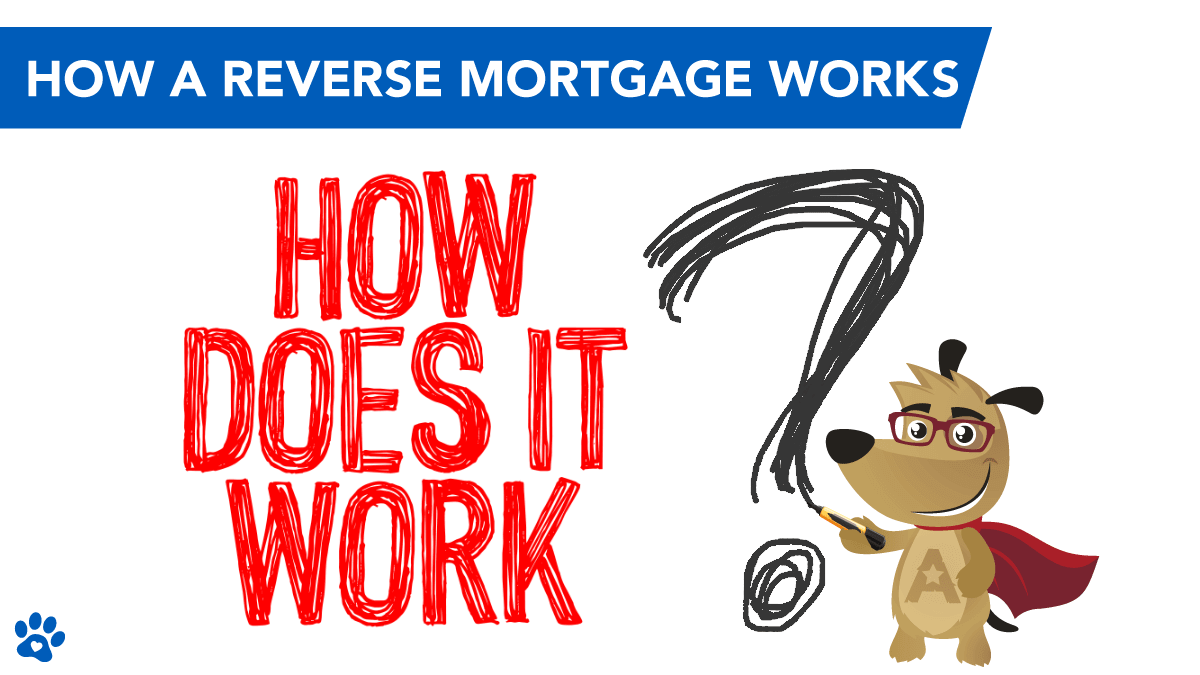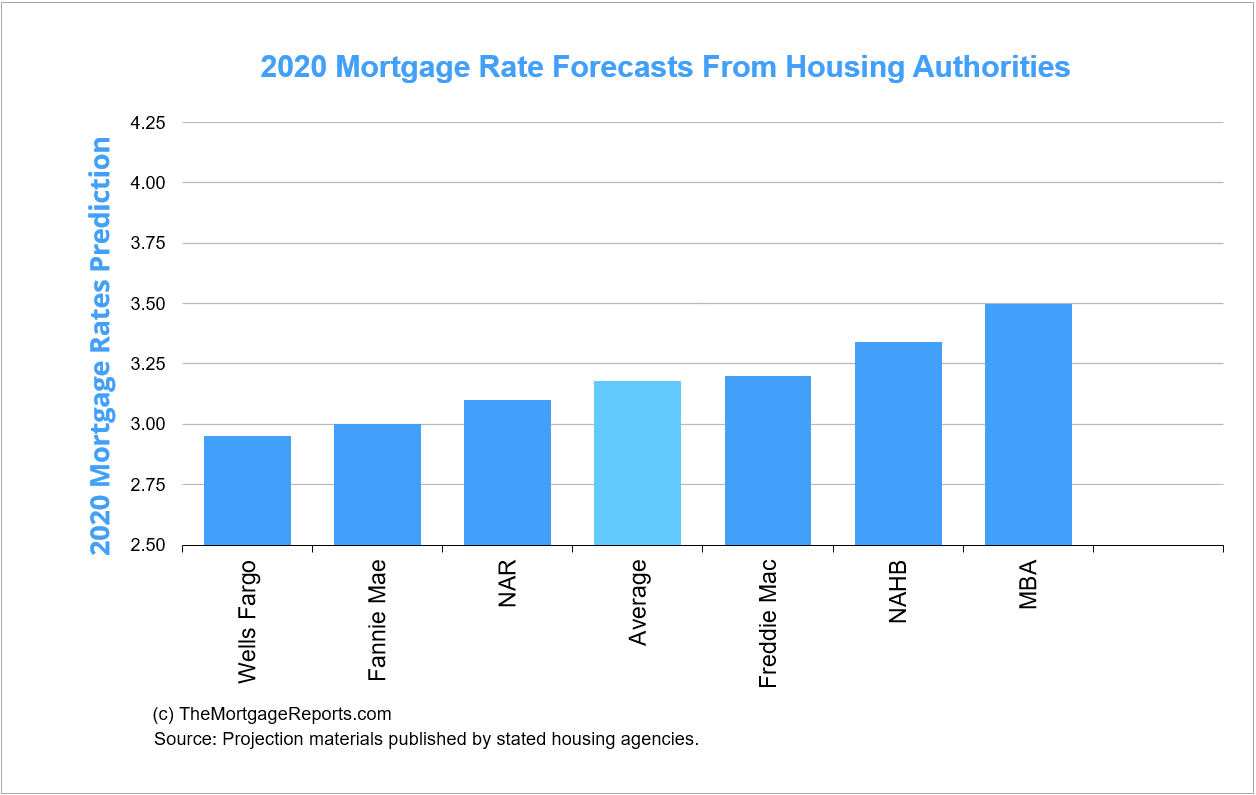Initially, let's go over what a reverse home loan is. A reverse home mortgage is designed to enable senior older homeowners who own all or most of their home to withdraw some of the equity from the house for individual usage Receivers can choose to receive the cash as a lump sum, in monthly installations, or as a line of credit.
As it is only offered to citizens over the age of 62, it is meant to be the last loan an individual will get on their house in their life time. A reverse home loan needs to be repaid when the home ceases to be the loan recipient's primary residence. This can happen when the recipient moves, scales down, has been in the hospital for over a year, or passes away.
Normally, one of 4 things happens: 1. The recipient's life insurance policy is utilized to settle the balance of the reverse home loan. 2. The recipient's beneficiaries offer the property and use the earnings to pay off the balance. If the residential or commercial property sells for more than the loan deserved, the successors keep the staying equity.

3. The recipient's heirs re-finance and get a brand-new mortgage on the house in order to keep the home. (It is possible to have both a reverse home loan and a routine mortgage on the very same residential or commercial property, as long as the routine mortgage has a low loan balance). 4. If the successors take no action within the allocated time period, the bank will foreclose on the house to recoup the loan.
The 10-Minute Rule for What Does Recast Mean For Mortgages
Be sure to look thoroughly at the regards to a reverse home mortgage before taking one out, as some loans can carry high charges and interest rates.
If you take out a reverse home mortgage, you can leave your home to your heirs when you die, however you'll leave less of a possession to them. Your beneficiaries will likewise need to handle paying back the reverse home mortgage, and they could deal with major problems at the same time, otherwise the loan provider will foreclose.

A "reverse" mortgage is a specific kind of loan in which older homeowners transform some of the equity in their house into cash. The money is generally dispersed in the type of a swelling amount (topic to some limitations), month-to-month quantities, or a line of credit. You can also get a mix of monthly installments and a line of credit.
This sort of loan is different from regular "forward" home mortgages because with a reverse home loan, the loan provider makes payments to the house owner, instead of the house owner making payments to the lender. Because the property owner receives payments from the loan provider, the house owner's equity in the residential or commercial property reduces over time as the loan balance gets bigger.
The Definitive Guide for What Kinds Of Laws Prevented Creditors From Foreclosing On Mortgages
With a HECM, the loan has to be paid back when one of the following events occurs: the borrower dies the house is no longer the customer's primary house (or the debtor leaves permanently or leaves due to health reasons for 12 consecutive months or longer) the customer offers the home (or transfers title), or the borrower defaults on the terms of the loan, https://www.timesharefinancialgroup.com/blog/who-is-the-best-timeshare-exit-company/ like by stopping working to keep up with insurance coverage premiums or home taxes.
But they won't receive title to the residential or commercial property totally free and clear due to the fact that the home is subject to the reverse mortgage. So, say the house owner passes away after receiving $150,000 of reverse home mortgage funds. This suggests the successors inherit the house subject to the $150,000 financial obligation, plus any fees and interest that has actually accrued and will continue to accumulate till the financial obligation is paid off.
1. Repay the loan. (With a HECM, the successors can pick to pay back 95% of the assessed worth themselves and keep the home. FHA insurance coverage will cover the remaining loan balance.) 2. Sell the home and utilize the profits to repay the reverse home loan. (With a HECM, the heirs can offer the home for the total of debt owed on the loan or an amount that is at least 95% of the current appraised worth of the home.) 3.
4. Do nothing and let the lending institution foreclose. According to an USA Today post from December 2019, heirs who wish to settle a reverse home loan and keep the house often face months of bureaucracy and disappointment when handling the loan servicer. Inferior loan maintenance practices typically hinder what need to be routine documentation, debt calculations, and communications with borrowers or beneficiaries.
Everything about What Are The Percentages Next To Mortgages
The servicer also designated the house as vacant and switched off the water in the name of residential or commercial property conservation, and scheduled a foreclosure sale. This situation is not uncommon. The U.S. Department of Housing and Urban Development (HUD), the regulator of HECMs, has guidelines that state servicers of these loans need to notify survivors and heirs of their choices and resolve the loan within six months of a death.
If they're selling the home and it's still on the market after six months, or they're still actively looking for financing, heirs can contact the servicer and demand a 90-day extension, based on approval by HUD. One more 90-day extension can be asked for, again with HUD's approval. But that guidelines do not prevent the servicer from pursuing a foreclosure throughout this time.
While you face delays or obstructions due to an issue with the home's title, an approaching foreclosure, or a lack of information from the servicer, you'll need to pay for the home's upkeep, taxes, and insurance, and interest and charges will continue to accumulate on the debt while you try to work out any of the above options (how did clinton allow blacks to get mortgages easier).
Reverse mortgages are complicated and are often not the best option for older house owners seeking access to additional money. Prior to taking out a reverse mortgage and taking advantage of your home equity, you must make sure to explore all of the alternatives offered to you. For example, you may certify for a state or regional program to decrease your costs or you might consider downsizing to a more cost effective home.
How Much Does A Having A Cosigner Help On Mortgages Things To Know Before You Buy
aarp.org/revmort. Although you'll need to complete a therapy session with a HUD-approved therapist if you want to get a HECM, it's likewise extremely advised that you consider talking with a monetary coordinator, an estate preparation lawyer, or a consumer security lawyer prior to taking out this kind of loan.
Upon the death of the customer and Qualified Non-Borrowing Partner, the loan ends up being due and payable. The heirs have thirty days from receiving the due and payable notification from the lender to purchase the house, sell the house, or turn the home over to the loan provider to satisfy the financial obligation.
Your successors can seek advice from a HUD-approved housing therapy firm or an lawyer to learn more. Some heirs might do not have funds to settle the loan balance, and may require to offer the home in order to repay the reverse home mortgage loan. With a reverse mortgage, if the balance is more than the home is worth, your successors don't have to pay the difference.